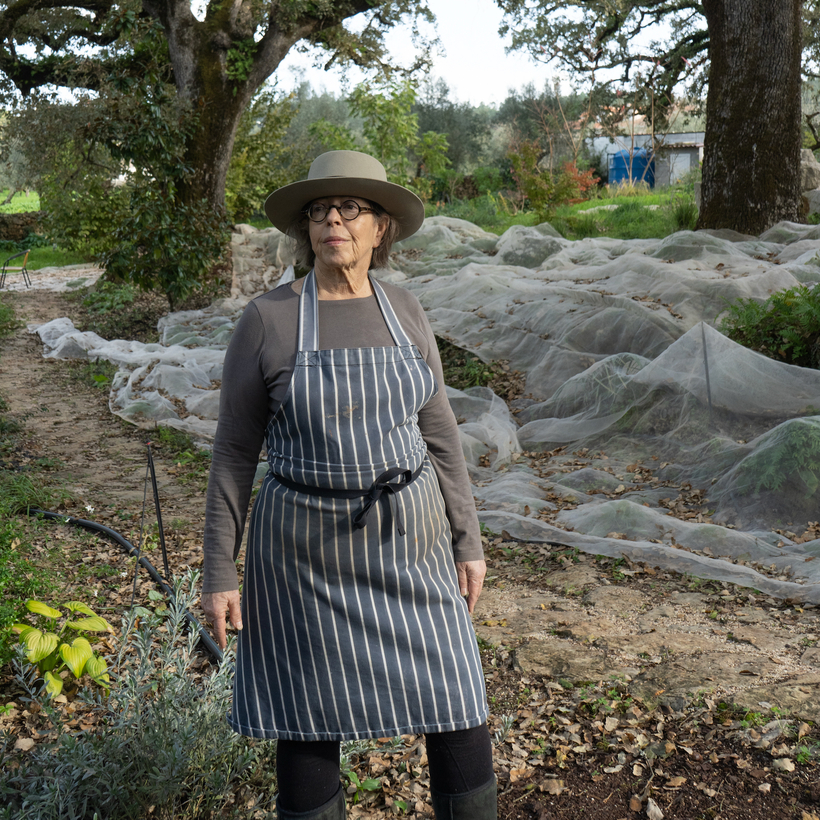Seemingly overnight in the mid-aughts, a heady whiff of freshly baked sourdough blanketed London. All of a sudden, you couldn’t swing a tote bag without encountering a red-awninged Gail’s, advertising Chelsea buns, sausage rolls, and house-blended coffee.
Since opening its doors on north London’s Hampstead High Street, in 2005, Gail’s has set up 151 upmarket bakeries across the U.K., with another 35 in development. On a good day, Gail’s can sell about a thousand fermented San Francisco sourdough loaves—the hero carbohydrate among more than 10 varieties, including potato and rosemary, rye, and seeded—in any one of its shops.


